Canterbury earthquakes 2010–2011
Where can I find information about the Canterbury earthquakes of 2010 and 2011?
(Years 11-13)
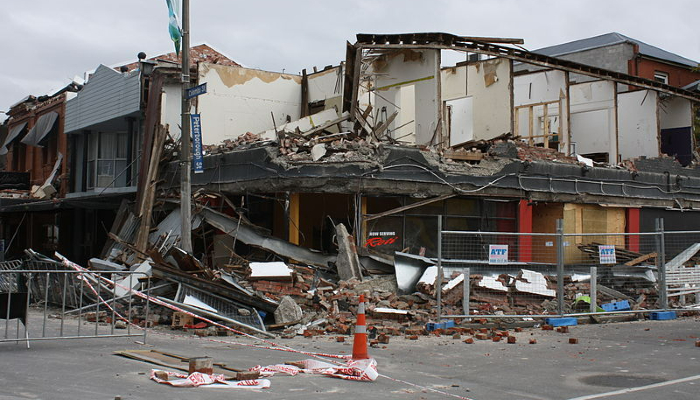
Image: Colombo Peterborough by Schwede66 on Wikimedia Commons.
Entry last updated: 11/09/25
Introduction
At 4:35 am on 4 September 2010, an earthquake measuring 7.1 on the Richter Scale shook Christchurch west, in the Canterbury region causing damage to houses and property. Around six months later, at 12:51 pm on 22 February 2011, a magnitude 6.3 earthquake hit south-east of Christchurch. Despite being smaller on the Richter Scale, this second earthquake caused widespread damage and loss of lives. There have been thousands of aftershocks in Canterbury since the 2010 earthquake.
Facts and pictures
These sites are a useful starting point for finding out about the Canterbury earthquakes. It includes information about the economic, environmental and social impacts of the two major quakes that hit the region.
Te Ara: The Encyclopedia of New Zealand
Te Ara is an excellent starting point for all questions about Aotearoa New Zealand. If we look down to the bottom of the page we can see that the website belongs to the Ministry for Culture & Heritage.
Go to Topics and choose Disasters and hazards.
Choose Historic earthquakes to find the pages on The 2010 Canterbury (Darfield) earthquake, The 2011 Christchurch earthquake and other recent earthquakes.
You can also find Personal stories of the 2010–11 Canterbury earthquakes.
NZ History is another great website from the Ministry for Culture & Heritage for information about Aotearoa New Zealand.
To find information related to the 2010 and 2011 earthquakes, first select Events.
Browse by date to find pages on 7.1 earthquake rocks Canterbury and Christchurch earthquake kills 185.
Remember to explore the keywords, maps, related content and links to external sources found on each topic page.
Tips: We like sites like this because they’re reliable. You can tell because of their web address – they have either .govt or .ac, meaning they are from government or educational organisations. They’re also New Zealand sites, so relevant for us.
Christchurch City Libraries | Ngā Kete Wānanga o Ōtautahi
Christchurch City Libraries is a network of public libraries in the Canterbury region. You will find lots of details, photographs and a timeline of the major earthquakes in the region.
Go to Explore from the top of the page and look for Events.
Look down the page of Local history events to Deaths and disasters to the link Christchurch and Canterbury earthquakes.
Read the pages 4 September 2010 and 22 February 2011.
You will find links to primary sources, like photographs and media coverage, and some history of earthquakes in Christchurch.
Tips: Websites that have .com or .co in the address can have good information, but you need to assess how reliable it is. Check the About us link on the website, if you can find one. That can tell you what the company’s mission and values are.
Stories and videos
The Canterbury earthquakes affected many people, and different people had different experiences. These websites have stories and videos so you can hear and see what it was like when the earthquakes happened.
In 2021 the QuakeStories site was archived and moved to Quakestudies, run by the University of Canterbury. This site provided a place for people to tell their earthquake stories. It started after the Canterbury earthquakes, but in 2016 the Ministry for Culture & Heritage expanded it to include other quake stories from New Zealand.
Go to Browse and look through the list for QuakeStories.
You will find first-hand stories of the Christchurch earthquakes and how it has affected people's lives.
Select QuakeStories Photographs to see quake pictures.
DigitalNZ is a search site that focuses on New Zealand history. It’s an easy way of searching online resources from New Zealand libraries, museums, universities and government sites all at once, and has lots of primary sources.
Enter the search words 'Christchurch earthquakes'.
You can browse the information by selecting tabs like videos.
Go to More to access newspapers, articles, data and research papers.
Tips: Websites that have .org or .net in the address can have good information, but you need to assess how reliable it is. Check the About us link on the website, if you can find one. That can tell you what the organisation’s mission and values are.
Science and monitoring
Here are some New Zealand websites that cover factors such as fault lines, monitoring earthquakes, recent quakes and aftershocks.
Established in 2001, the GeoNet project is the result of a partnership between the Earthquake Commission (EQC), GNS Science, and Land Information New Zealand (LINZ) to operate a modern geological hazard monitoring system in New Zealand.
The tab Earthquake has some useful links.
Look through the list on Historical Events for information on the 2010 and 2011 earthquakes.
Forecasts tells you about the aftershocks in Canterbury and long-term probabilities.
Browse through Videos to find how GeoNet gets readings of earthquake locations and why there are so many earthquakes throughout New Zealand.
We recommend you explore Intensity, FAQ, Gallery etc to broaden your understanding of earthquakes in general and how they are measured in New Zealand.
Tips: Websites that have .org or .net in the address can have good information, but you need to assess how reliable it is. Check the About us link on the website. It will tell you why GeoNet is especially needed in New Zealand, how it all began and the work they do.
GNS Science works with GeoNet to understand the natural systems and processes that take place in the earth and their impact in terms of economic, environmental and social benefits for New Zealand.
Search for 'Canterbury Earthquakes'.
Find articles like Canterbury quake the most damaging since 1931 and 6.3 magnitude earthquake part of aftershock sequence.
Go to Our Science and look under Natural Hazards and Risks to find Earthquakes.
At the bottom of the page explore links to find out more about Earthquake hazards, Earthquake monitoring and New Zealand's faults.
Tips: The website has .nz in the URL which means that the information relates to New Zealand. The About Us tells you more about the history of GNS Science, its purpose, research and services.
Emergency Management Canterbury
The Canterbury Civil Defence Emergency Management Group (CDEM) in partnership with local authorities and emergency organisations ensures the effective delivery of emergency management plans in Canterbury.
Go to the Menu and under Canterbury CDEM select Resources.
Check out Civil Defence emergency Management Group Plan to view the 4 R's (risk reduction, readiness, response and recovery) that form the basis for risk management in New Zealand.
Tips: We like sites like this because they’re reliable. You can tell because of their web address – they have either .govt or .ac, meaning they are from government or educational organisations. They’re also New Zealand sites, so relevant for us.
Maps and data
These New Zealand based websites have statistics, maps and data on the two major earthquakes in the Canterbury region and the aftershocks experienced since then.
Environment Canterbury Regional Council | Kaunihera Taiao ki Waitaha
The Canterbury Regional Council works with local communities to manage the use of local resources. This is where people can find guidelines and legislation to help them make informed and legal decisions about sustainable development.
Search this website for material on earthquakes by using a simple search 'Canterbury earthquakes'.
Select the link called Earthquakes to browse through information on faults, liquefaction and earthquake hazard reports.
We recommend you browse through links such as liquefaction, earthquake faults etc to explore how these concepts relate to the Canterbury earthquakes.
Tips: This website is an example of an accessible website, which means it takes into account a range of different users. Their priority is clear content, structure and ease of navigation.
Developed by Paul Nicholls, this website plots earthquake data from GeoNet using Google Maps.
The Home page has links to animated maps of the four big quakes in 2010 and 2011, largest 25 quakes, most recent quakes, quakes today and the past week and other links worth exploring.
Move your mouse over or select a quake in the right-hand column to see the location on the map.
FAQ /Help answers questions about the map and has some useful tips.
Tips: Go to the About link to learn more about aim of this website. How to use the Map on this same page explains how to the use and understand the maps.
Articles
The websites below have been selected because they have reliable, in-depth articles about the Christchurch earthquakes.
This is one of the EPIC resources which is a collection of reliable databases covering lots of different topics. You may need a password from your school or local library to access it. This online version of the magazine New Zealand Geographic. It has an archived collection of stories, videos, photography and audio on New Zealand news, environment, history, geography, disasters etc.
You can search for information on your topic by using keywords such as 'Canterbury earthquakes' or 'Christchurch earthquakes'.
Canterbury quake and Red Zone are examples of some of the articles about the Canterbury earthquakes.
Tips: Search words, or keywords, are the most important words in our question. Usually it’s better to leave out small words like ‘the’, ‘a’ and ‘of’ and just choose the main ones, eg Christchurch earthquakes. We can always change our keywords or add more if we need to.
Australia New Zealand Reference Centre Plus
Another EPIC resource, this site allows you to search newspaper and magazine articles from New Zealand and Australian publications.
Use search terms like 'Canterbury earthquakes' or 'Christchurch earthquakes' to bring up relevant information.
Use Search Options to narrow down your results to publication, images, full text, etc.
You could also choose to search using the Subjects, Publication and Images/Video tabs found at the top of the page.
Tips: To get to the EPIC resources you will need a password from your school librarian first. Or you can chat with one of our AnyQuestions librarians and they will help you online. Some EPIC databases may also be available through your public library.
University of Canterbury | Te Whare Wānanga o Waitaha
Situated in Christchurch, this is New Zealand's second oldest university. You will find some useful articles, eBooks, maps, and research papers on the Canterbury earthquakes that you can read online.
Go to Library from the top of the page.
Enter 'Canterbury earthquakes' or similar keywords in the search box.
Under Refine your search select Full text Online to find documents that can be read online.
Tips: We like sites like this because they’re reliable. You can tell because of their web address – they have either .govt or .ac, meaning they are from government or educational organisations. They’re also New Zealand sites, so relevant for us.
This resource is published by the Ministry of Education and includes articles that are useful for New Zealand school students.
Enter the keyword 'earthquake' into the search bar to view articles related to the Canterbury earthquakes.
Select an article eg Learning from the Christchurch Earthquakes.
Select Google slides to view the article.
Books
There are many books written about the Canterbury earthquakes. Check your public library or school library to see what they have.
Some recommended titles are:
Where the home is: the Christchurch earthquakes 2010-2012 by Jane Zusters
Earthquake!: Christchurch, New Zealand, 22 February 2011 by Chris Moore
Leaving the red zone: poems from the Canterbury earthquakes by James Norcliffe and Joanna Preston (Editors)
Animals in emergencies: learning from the Christchurch earthquakes by Annie Potts and Donelle Gadenne
Trapped: remarkable stories of survival from the 2011 Canterbury earthquake by Martin van Beynen.
SCIS no: 1832461
Topics covered
Related content
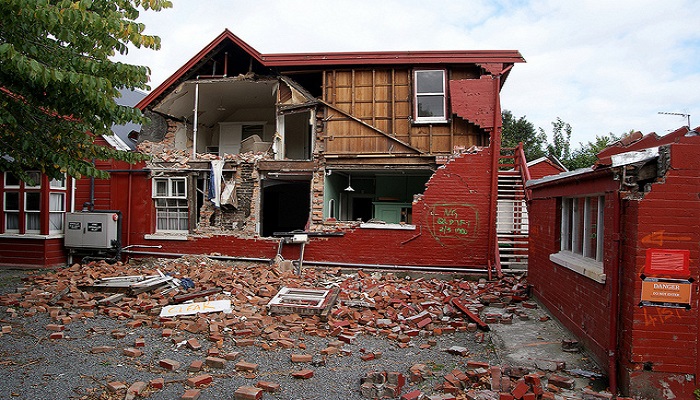
Natural disasters (NZ)
Where can I find information about natural disasters in New Zealand?
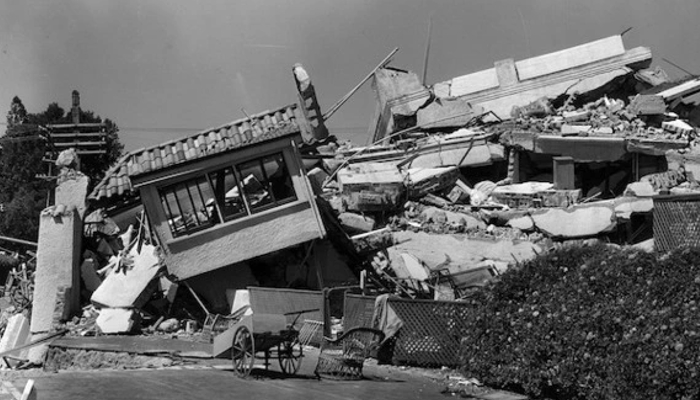
Hawke's Bay earthquake
Where can I find information about the Hawke's Bay earthquake in 1931?
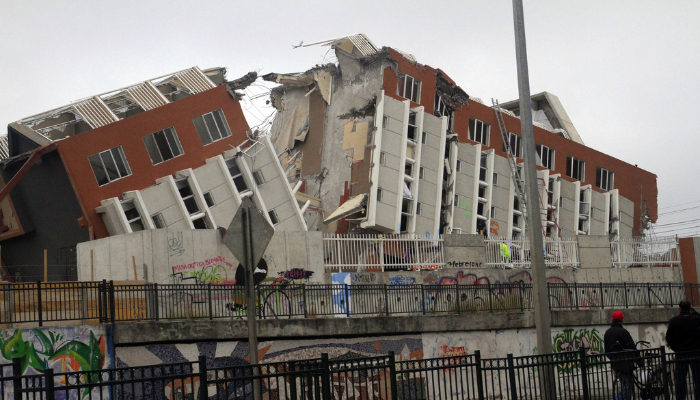
Earthquakes
Where can I find information about earthquakes?
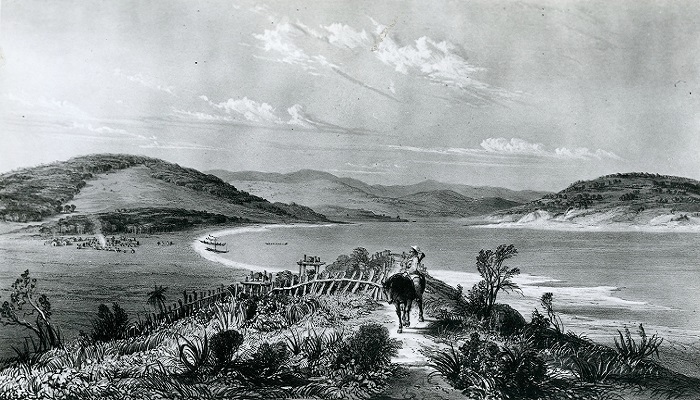
History (New Zealand)
Where can I find information about New Zealand history?
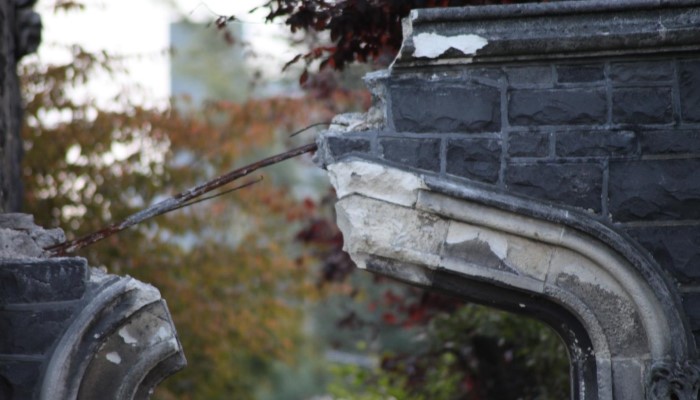
Events of Christchurch
Where can I find information about the local histories of Christchurch | Ōtautahi?

Events of Selwyn
Where can I find information about the local history of Selwyn | Waikirikiri?
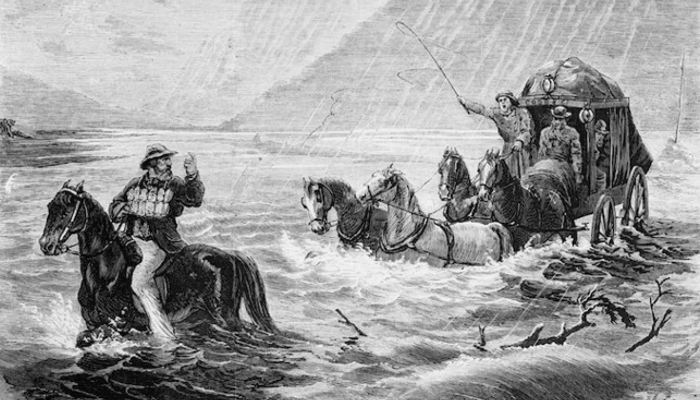
Events of Waimakariri
Where can I find information about the local histories of Waimakariri?
